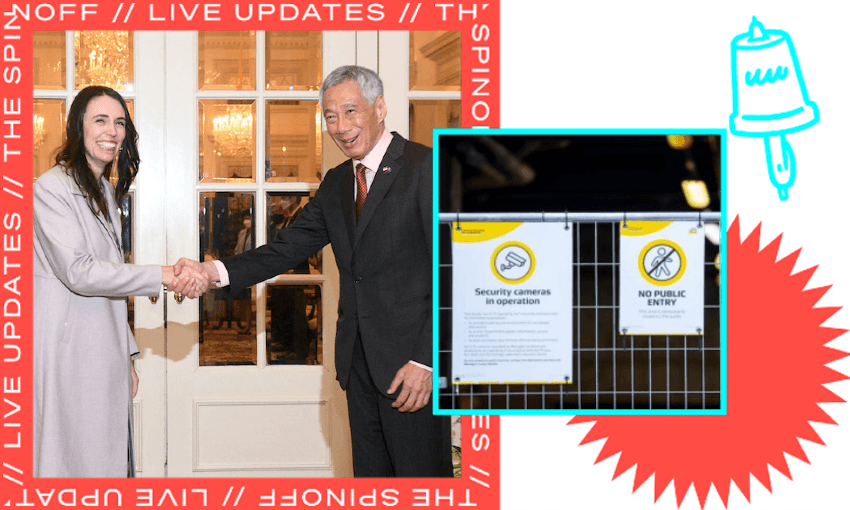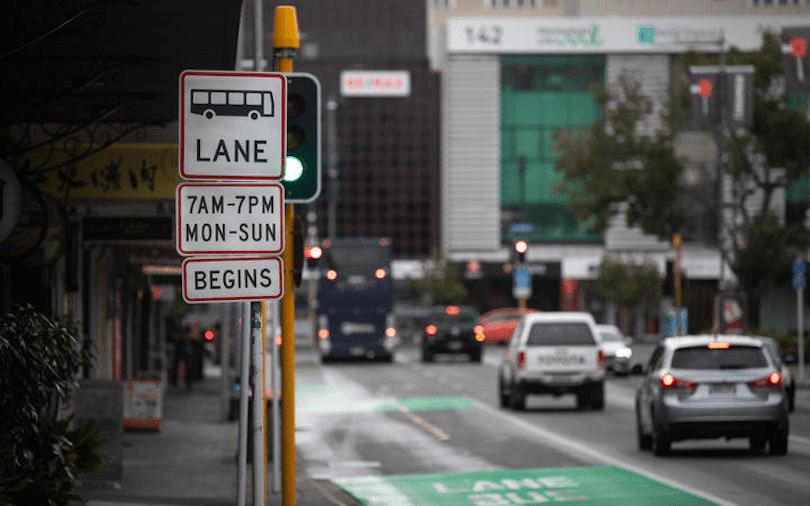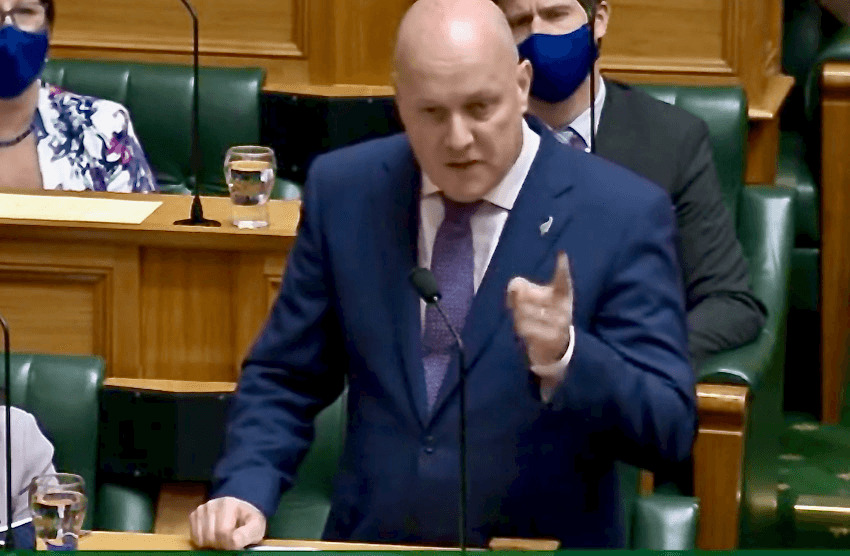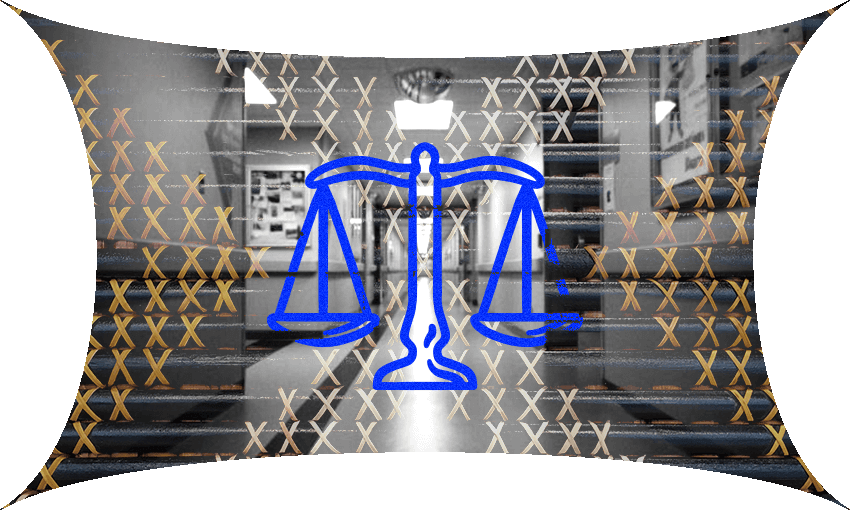Public health officials agreed in November last year that managed isolation and quarantine was “no longer justified” for most returnees, according to a government document released to RNZ.
But it wasn’t until March 2 that the MIQ requirement was dropped for most travellers – three-and-a-half-months later, a period during which there were seven voucher lotteries and 40,000 MIQ stays.
According to the document, public health director Caroline McElnay wrote to director general of health Ashley Bloomfield seeking his agreement to an updated public health risk assessment, which she wanted to reflect that “the risk posed by international arrivals transmitting Covid-19 is no longer higher than the domestic transmission risk of Covid-19”.
McElnay asked Bloomfield if he agreed the risk was no higher, and if so: “Managed isolation for border returnees would no longer be justified on public health grounds as the ‘default’ for people travelling to New Zealand.”
Bloomfield agreed, and said he would brief Covid-19 response minister Chris Hipkins, and start creating a plan for making self-isolation the default requirement for returnees.
In a statement to RNZ, the Ministry of Health said the staged and managed removal of MIQ requirements was delayed by the omicron outbreak. “During December and early January 2022 the MIQ system continued to play an important role in managing the arrival of an increasing number of border cases with omicron, and delaying community transmission of the variant in New Zealand as we increased vaccination levels in the population.”
The Ministry of Health initially refused to release the document after it was requested under the Official Information Act, but it was released after a review by the ombudsman.
University of Waikato law professor Al Gillespie told Checkpoint the delay between the government receiving the advice and MIQ requirements being removed raised serious concerns, and people who paid thousands of dollars to stay in MIQ, or missed out on a spot and weren’t able to return home, may be entitled to compensation.
Speaking to Morning Report this morning, deputy prime minister Grant Robertson said the memo from the public health officials was received on November 15, after which the advice was peer reviewed. “It was agreed that we needed a careful transition, and the ministry announced it would make the transition in January, then omicron arrived, which pushed that date out a bit. This is the system working how it should. I think the right decision was made.”






